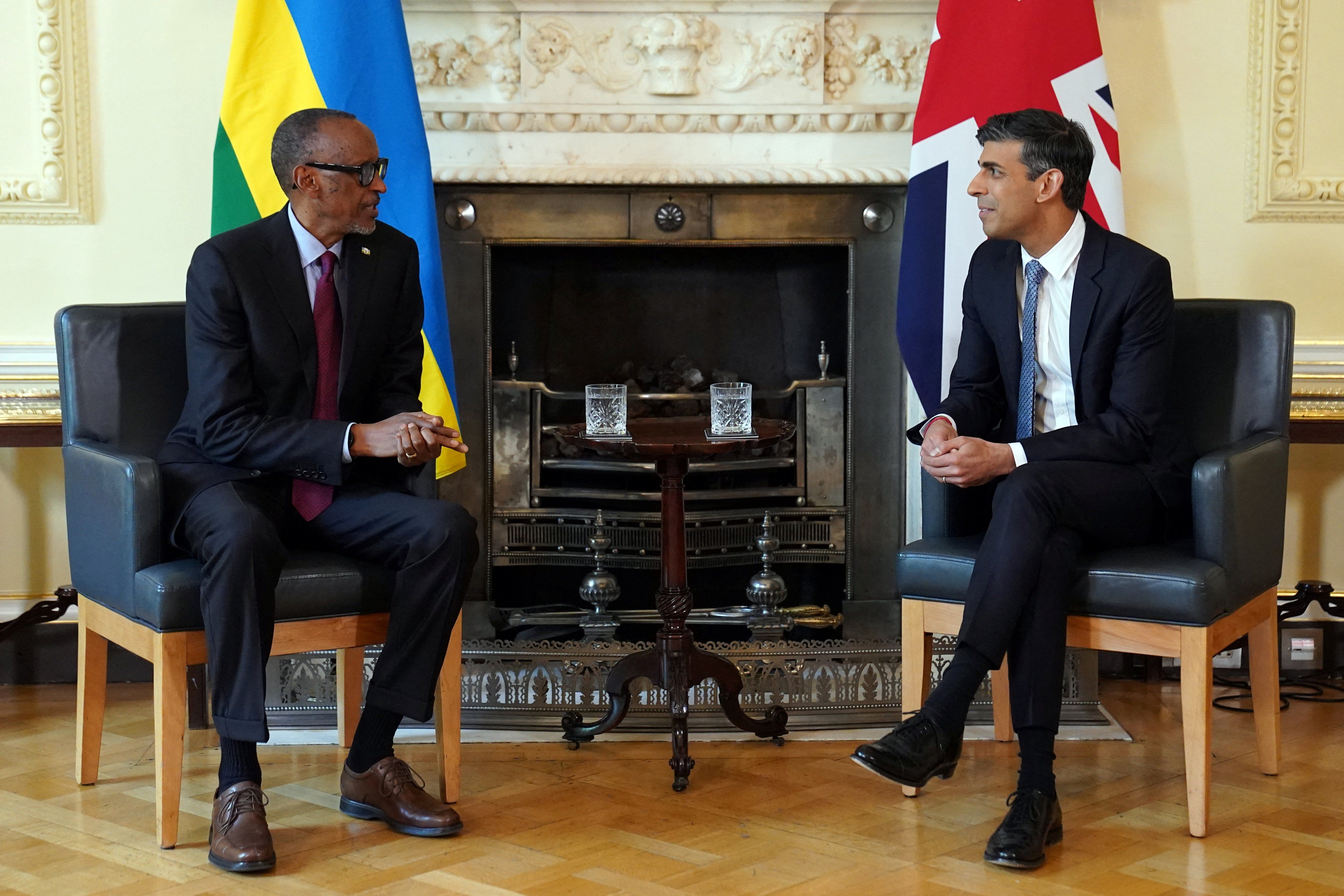The UK Court of Appeals in London declared on Thursday that a government plan to send asylum-seekers to Rwanda while their claims are being processed in the UK is unlawful, ruling that Rwanda could not be deemed as a safe third country.
What’s the so-called Rwanda agreement again? Last spring, former PM Boris Johnson announced a migration deal with Rwanda, whereby Kigali would take in tens of thousands of refugees while their asylum claims are being processed in exchange for wads of cash from the British government. This was Johnson’s response to an increase in migrants crossing the English Channel from France.
London has already paid 140 million pounds (US$170 million) to Rwanda even though the plan has so far been halted by legal proceedings, but more is on the way if the deal goes through. PM Rishi Sunak, for his part, has vowed to take the case to the Supreme Court.
Rwanda, which is relying on development cash, hit back, saying that it is “one of the safest countries in the world.” But that flies in the face of the country’s dismal human rights record (it’s not a fun place to be a journalist or an opposition figure challenging President Paul Kagame).
Indeed, this was a big blow to Sunak, who has made this policy one of his top five priorities. What’s more, with the Tories already hemorrhaging support ahead of next year’s general election, the Labour Party and Lib Dems are using the opportunity to draw attention to the hefty cost of relocating migrants under the deal amid a cost-of-living crisis.